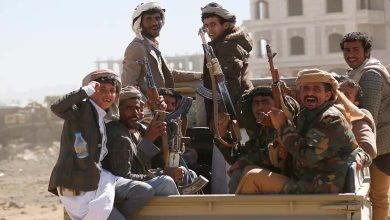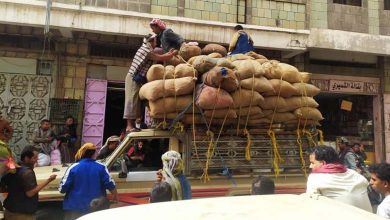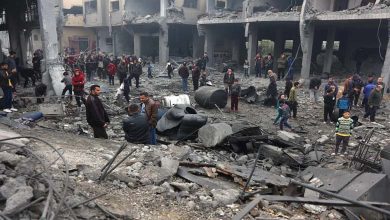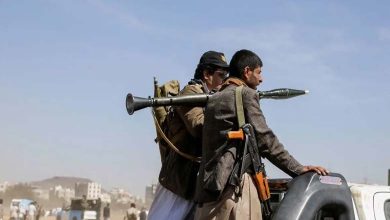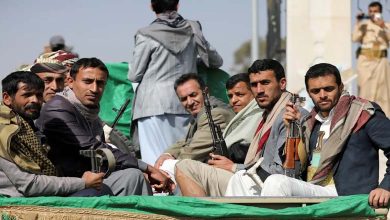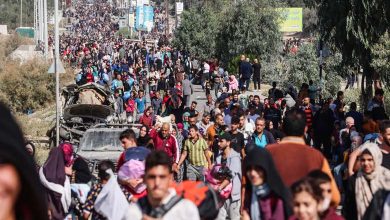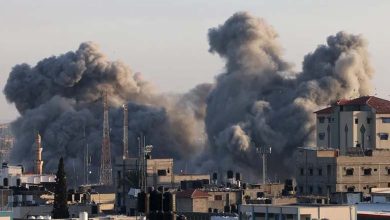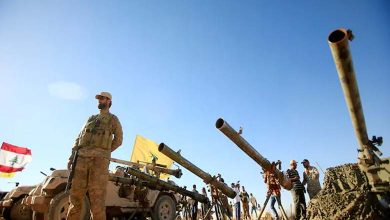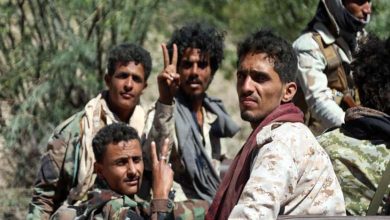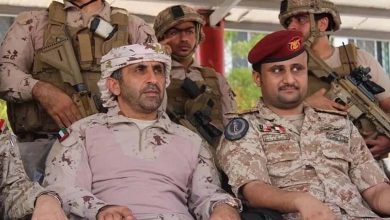Hamas and Iran: What relationship exists Between the Faction and the State?
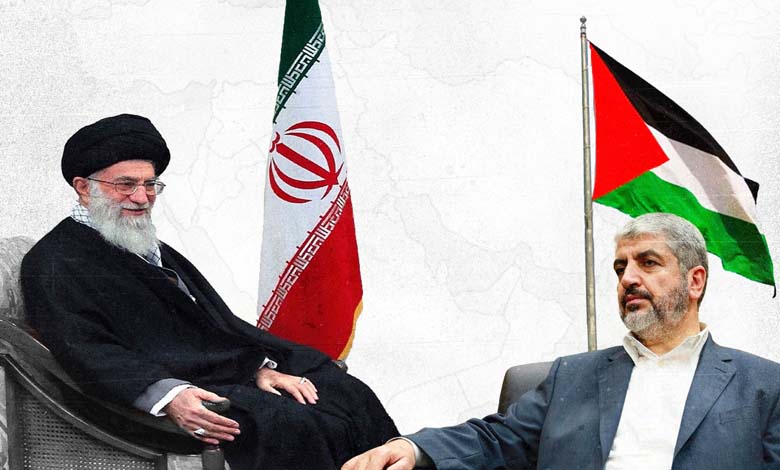
Although no official in Hamas denies the movement’s relationship with Iran, the links between the two parties often remain mysterious.
Officials from Hamas have confirmed on several occasions, especially the military wing of the movement, that they receive financial and even technical assistance from Iran.
However, officials in Hamas insist that Tehran does not interfere in the movement’s decisions. They claim that coordination between the two parties takes place, especially in Lebanon and during visits by Hamas officials to Tehran.
“Historical but Not Strategic”
Palestinian expert Feras Yaghi states, “The relationship between Hamas and Iran is historical. Since Hamas was founded in 1987, there have been contacts with the Iranian side, but these were not strategic relations. Some support was received from Tehran as Hamas was seen as a liberation and Islamic resistance movement.”
Yaghi adds, “The relationship with Iran evolved in 1994, after the Oslo Accords. The training of members of Hamas‘s military wing began inside Iran.”
He continued, “Hassan Salameh, who was responsible for many bombings in Israel, spoke about this matter, saying that he trained for 3 months in Iran.”
He concluded, “Thus, Iran began supporting Hamas as a political and military apparatus, but not significantly because there was concern within Hamas leadership that this support might affect the movement’s positions, forcing it to pay a price for this relationship.”
Yaghi pointed out that “after the assassination of Sheikh Ahmed Yassin and leader Abdul Aziz al-Rantisi in 2004, the relationship was renewed and strengthened with Iran. Financial support was provided to both the military and political wings.”
He added, “Issues arose in 2011 due to Hamas‘s stance on internal developments in Syria. The movement was forced to leave Syria, resulting in a reduction of Iranian support, but only for the political wing, not the military.”
According to the expert, “Relations later developed in 2014 after the missile battle between Hamas and Israel. The Qassam Brigades (the military wing of the movement) demonstrated their ability to confront Israel.”
He continued, saying, “Therefore, Iran began providing systematic and comprehensive support to the Qassam Brigades in Gaza, including the reconstruction of tunnels, their engineering, and the technology of missiles given to Hamas, and the Iranian alliance deepened with the Qassam Brigades, making it the upper hand in Hamas in recent years.”
Yaghi added, “It seems that joint operations rooms were later opened, including Hamas and Hezbollah.”
In this regard, he pointed out, “Therefore, the relationships are not new but rather old, where the military wing of Hamas receives financial support and arms knowledge from Iran.”
He continued, “The nature of Hamas allows it independence in some political concepts. It also has room for political maneuvering based on positions under the concept of establishing a Palestinian state alongside Israel, without recognizing Israel. This was expressed by several leaders of the movement, including Ismail Haniyeh and Khaled Meshaal.”
Questions and Statements
Since the beginning of the Gaza war on October 7 last year, questions have arisen about Iran’s role in the unprecedented attack on Israeli towns and bases in the Gaza Strip. However, this has not been confirmed by the United States or Tel Aviv.
While entities associated with Iran, including Hezbollah in Lebanon, the Houthis in Yemen, and Iranian groups in Iraq and Syria, have carried out attacks against Israeli targets since the start of the war, they did not enter the war itself, nor did Iran.
Statements by officials from Hamas at the beginning of the war emphasized Iran’s non-interference in the war. Nevertheless, the relationship between the two parties remained intact.
However, Hamas denied statements by Iranian Revolutionary Guard spokesperson Ramadan Sharif that the “Storm al-Aqsa” attack was part of the response to Washington’s assassination of former Quds Force commander Qassem Soleimani.
The swift denial by Hamas might be to ensure the continued global popular support for Palestinians against the war on Gaza.
Sharif’s statement contradicted the position of top Iranian officials who insisted on not being informed in advance about the Hamas attack on October 7th last year.
It was later revealed that Hezbollah Secretary-General Hassan Nasrallah was only informed about the attack half an hour before it occurred.
According to a 2020 report by the U.S. Department of State, Iran annually provides $100 million to Palestinian organizations, with Hamas at the forefront.
Hamas does not disclose the amount of aid it receives, but it is noted that Tehran does not participate in reconstruction efforts in Gaza or assist the poor in the sector.
“A Marriage of Convenience”?
The European Council on Foreign Relations suggests that Iran may not be directly behind the October 7th attacks on Israel, but Tehran has long worked to bolster groups like Hamas and Palestinian Islamic Jihad.
The center noted that “since its inception, Iranian-Palestinian relations have been a marriage of convenience (…) and today, Iran supports several Palestinian groups, including Hamas and Palestinian Islamic Jihad in particular. However, these groups are not puppets, and their relationship with Tehran is constantly evolving.”
It explained: “The attacks led by Hamas against Israel on October 7th reflected its independent calculations.”
The study considered that “although these attacks were unlikely to happen without long-term Iranian support, they came as an unwelcome surprise to Tehran, which avoided providing full support to Palestinian factions in the past two months.”
Nevertheless, it continued, “the close alliance between Hamas and Islamic Jihad in Palestine with Iran will depend on the outcome of the war in Gaza and the broader dynamics in the volatile political geography of the Middle East.”
From an Israeli perspective
Cima Shin, a researcher at the Israeli Institute for National Security Studies, says: “As part of the division of labor on the resistance front, Iran has led a diplomatic campaign since day one of the war aimed at saving Hamas, especially during its attempt to impose a ceasefire.”
She added, “Iran exerts diplomatic pressure on countries around the world, especially Islamic countries, to be part of the comprehensive activity of its proxies in the region. Over time and as the fighting continues, frustration in Tehran increases, as do the pressures it exerts on regional countries to act against Israel.”
She considered that “although Iranians repeat and insist that various militias – Hezbollah, Iraqi militias, and the Houthis – act on their own and without Iranian direction.”
Concluding, she said: “However, the statement of the Iranian Supreme Leader was heard as a clear directive when he emphasized that the task of Islamic countries is to cut the vital artery of Israel and prevent shipments of goods and energy.”
According to the study, “this statement is linked to a statement by the commander of the Revolutionary Guard about a week ago, where Iran controls two maritime straits and can demonstrate its strength there. Following that, the Houthis announced the targeting of Israeli ships.”


